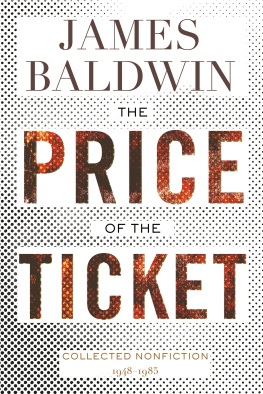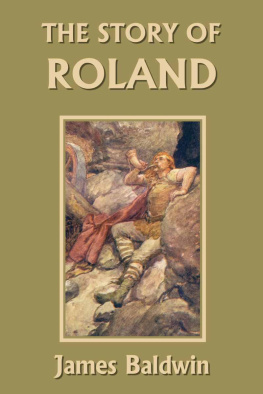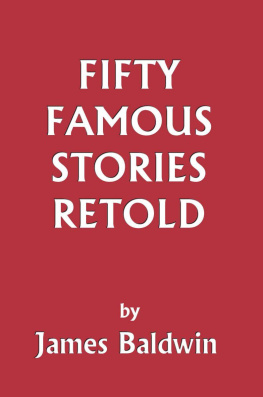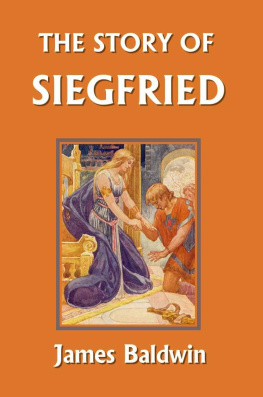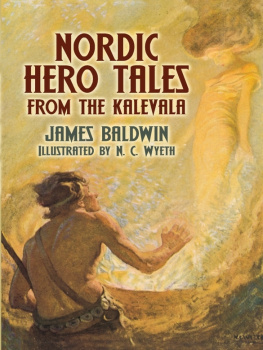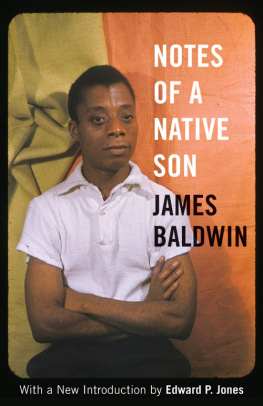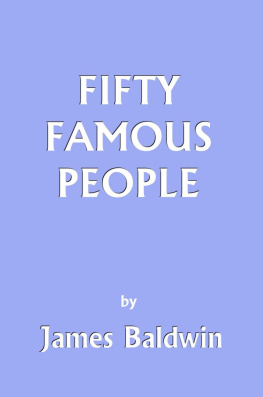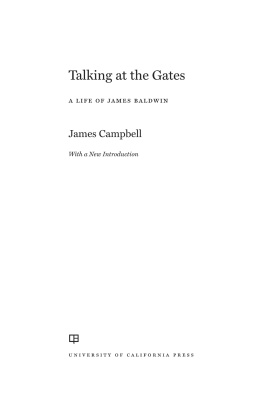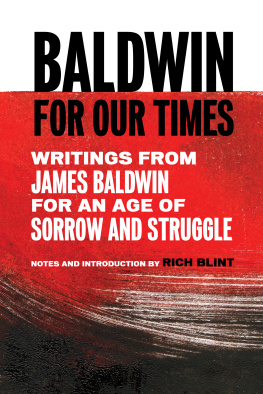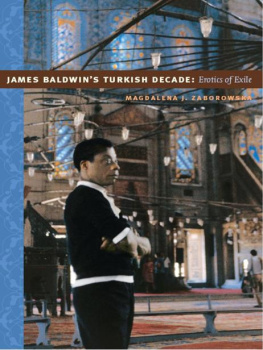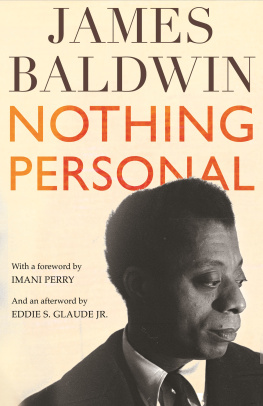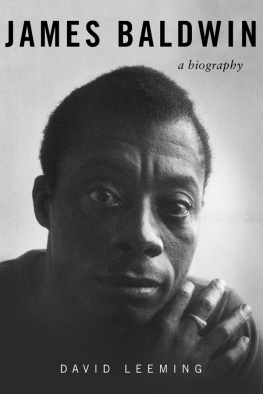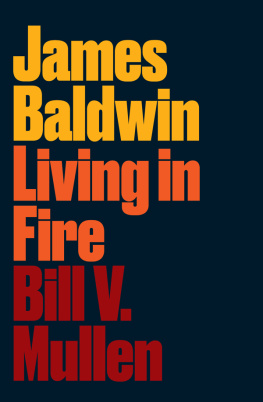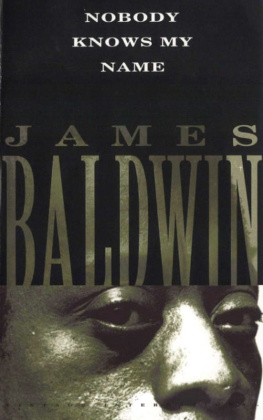Contents
Pagebreaks of the print version
Guide

INTRODUCTION

The Price of the Ticket
M Y SOUL LOOKS BACK AND WONDERS HOW I GOT OVERINDEED : but I find it unexpectedly difficult to remember, in detail, how I got started. I will never, for example, forget Saul Levitas, the editor of The New Leader, who gave me my first book review assignment sometime in 1946, nor Mary Greene, a wonderful woman, who was his man Friday: but I do not remember exactly how I met them.
I do remember how my life in Greenwich Village beganwhich is, essentially, how my career beganfor it began when I was fifteen.
One day, a DeWitt Clinton H.S. running buddy, Emile Capouya, played hookey without me and went down to Greenwich Village and made the acquaintance of Beauford Delaney. The next day, he told me about this wonderful man he had met, a blackthen, Negro, or Coloredpainter and said that I must meet him: and he gave me Beauford Delaneys address.
I had a Dickensian job, after school, in a sweat shop on Canal Street, and was getting on so badly at home that I dreaded going home: and, so, sometime later, I went to 181 Greene Street, where Beauford lived then, and introduced myself.
I was terrified, once I had climbed those stairs and knocked on that door. A short, round brown man came to the door and looked at me. He had the most extraordinary eyes Id ever seen. When he had completed his instant X-ray of my brain, lungs, liver, heart, bowels, and spinal column (while I had said, usefully, Emile sent me) he smiled and said, Come in, and opened the door.
He opened the door all right.
Lord, I was to hear Beauford sing, later, and for many years, open the unusual door. My running buddy had sent me to the right one, and not a moment too soon.
I walked through that door into Beaufords colorson the easel, on the palette, against the wallsometimes turned to the walland sometimes (in limbo?) covered by white sheets. It was a small studio (but it didnt seem small) with a black potbellied stove somewhere near the two windows. I remember two windows, there may have been only one: there was a fire escape which Beauford, simply by his presence, had transformed, transmuted into the most exclusive terrace in Manhattan or Bombay.
I walked into music. I had grown up with music, but, now, on Beaufords small black record player, I began to hear what I had never dared or been able to hear. Beauford never gave me any lectures. But, in his studio and because of his presence, I really began to hear Ella Fitzgerald, Ma Rainey, Louis Armstrong, Bessie Smith, Ethel Waters, Paul Robeson, Lena Horne, Fats Waller. He could inform me about Duke Ellington and W. C. Handy, and Josh White, introduce me to Frankie Newton and tell tall tales about Ethel Waters. And these people were not meant to be looked on by me as celebrities, but as a part of Beaufords life and as part of my inheritance.
I may have been with Beauford, for example, the first time I saw Paul Robeson, in concert, and in Othello: but I know that he bought tickets for usreally, for meto see and hear Miss Marian Anderson, at Carnegie Hall.
Because of her color, Miss Anderson was not allowed to sing at The Met, nor, as far as The Daughters of The American Revolution were concerned, anywhere in Washington where white people might risk hearing her. Eleanor Roosevelt was appalled by this species of patriotism and arranged for Marian Anderson to sing on the steps of the Lincoln Memorial. This was a quite marvellous and passionate event in those years, triggered by the indignation of one woman who had, clearly, it seemed to me, married beneath her.
By this time, I was working for the Armyor the Yankee dollar!in New Jersey. I hitchhiked, in sub-zero weather, out of what I will always remember as one of the lowest and most obscene circles of Hell, into Manhattan: where both Beauford and Miss Anderson were on hand to inform me that I had no right to permit myself to be defined by so pitiful a people. Not only was I not born to be a slave: I was not born to hope to become the equal of the slave-master. They had, the masters, incontestably, the ropein time, with enough, they would hang themselves with it. They were not to hang me: I was to see to that. If Beauford and Miss Anderson were a part of my inheritance, I was a part of their hope.
I still remember Miss Anderson, at the end of that concert, in a kind of smoky yellow gown, her skin copper and tan, roses in the air about her, roses at her feet. Beauford painted it, an enormous painting, he fixed it in time, for me, forever, and he painted it, he said, for me.
Beauford was the first walking, living proof, for me, that a black man could be an artist. In a warmer time, a less blasphemous place, he would have been recognized as my Master and I as his Pupil. He became, for me, an example of courage and integrity, humility and passion. An absolute integrity: I saw him shaken many times and I lived to see him broken but I never saw him bow.
His example operated as an enormous protection: for the Village, then, and not only for a boy like me, was an alabaster maze perched above a boiling sea. To lose oneself in the maze was to fall into the sea. One saw it around one all the time: a famous poet of the twenties and thirties grotesquely, shamelessly, cadging drinks, another relic living in isolation on opium and champagne, someone your own age suddenly strung out or going under a subway train, people you ate with and drank with suddenly going home and blowing their brains out or turning on the gas or leaping out of the window. And, racially, the Village was vicious, partly because of the natives, largely because of the tourists, and absolutely because of the cops.
Very largely, then, because of Beauford and Connie Williams, a beautiful black lady from Trinidad who ran the restaurant in which I was a waiter, and the jazz musicians I loved and who referred to me, with a kind of exasperated affection, as the kid, I was never entirely at the mercy of an environment at once hostile and seductive. They knew about dope, for exampleI didnt: but the pusher and his product were kept far away from me. I needed love so badly that I could as easily have been hit with a needle as persuaded to share a joint of marijuana. And, in fact, Beauford and the others let me smoke with them from time to time. (But there were people they warned me not to smoke with.)
The only real danger with marijuana is that it can lead to rougher stuff, but this has to do with the person, not the weed. In my own case, it could hardly have become a problem, since I simply could not write if I were high. Or, rather, I could, sometimes all night long, the greatest pages the world had ever seen, pages I tore up the moment I was able to read them.
Yet, I learned something about myself from these irredeemable horrors: something which I might not have learned had I not been forced to know that I was valued. I repeat that Beauford never gave me any lectures, but he didnt have tohe expected me to accept and respect the value placed upon me. Without this, I might very easily have become the junky which so many among those I knew were becoming then, or the Bellevue or Tombs inmate (instead of the visitor) or the Hudson River corpse which a black man I loved with all my heart was shortly to become.

